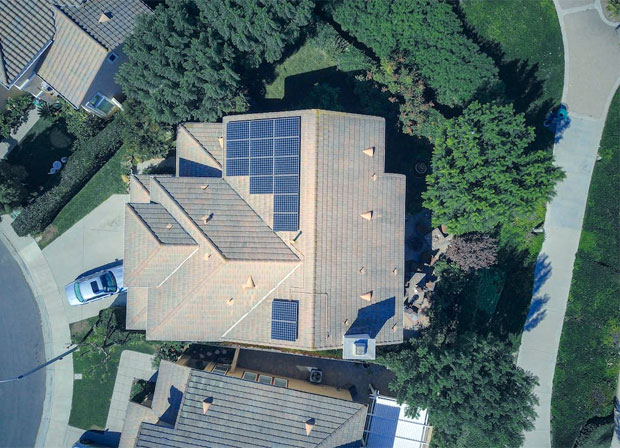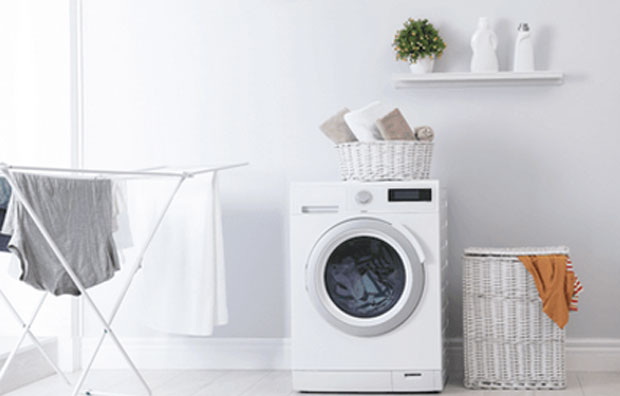Smart Strategies for Economising in Your New Family Home

Smart Strategies for Economising in Your New Family Home
The purchase of a new family home is more than just a significant financial investment; it’s the beginning of countless memories and experiences. As exciting as this new chapter is, it brings with it the responsibility of managing a household budget effectively. The key to successful homeownership isn’t just in acquiring the property but also in understanding how to maintain and run it in a cost-effective manner.
In this guide, we’ll explore various strategies for smart financial management in your new home. From utilising energy-saving solutions like solar panels to intelligent budgeting and wise investments in home appliances, these tips aim to ease the financial burden of homeownership. We’ll also touch on the importance of regular home maintenance to prevent unexpected and costly repairs. These insights are tailored to help you enjoy the comforts of your new home while keeping your finances in check. Let’s dive into these practical and effective approaches to saving money in your new family home, ensuring it’s a place of joy and financial stability.

- Maximising Your Home’s Energy Efficiency with Solar Panels
Transitioning into a new family home often comes with the excitement of creating a cosy and comfortable living space. However, this transition also brings with it the reality of managing household expenses effectively. One of the most significant ways to reduce costs in your home is through energy efficiency, and a key player in this arena is solar energy.
The use of solar panels has been on the rise, and for good reason. They not only contribute to a greener environment but also significantly cut down on electricity bills. A common misconception is that homes with smaller roofs cannot benefit from solar energy. This is no longer the case. Advances in solar technology mean that modern panels are far more efficient, generating more energy even in limited spaces. Companies like SolarGain are at the forefront of providing such efficient solar solutions. By visiting their website, homeowners can explore how even homes with smaller roofs can harness the power of the sun effectively.
The initial investment in solar panels may seem substantial, but the long-term savings are considerable. By generating your own electricity, you not only reduce your reliance on the grid but also protect yourself against rising energy costs. Additionally, solar panels often increase the value of your property, making it an investment that pays off in multiple ways.

- Smart Budgeting for Home Essentials
When you move into a new family home, it’s essential to be mindful of your spending, especially in the early days. Creating a family budget for home essentials can help you keep track of your expenses and identify areas where you can save money. Start by listing down all the essential expenses such as mortgage or rent payments, utility bills, groceries, and insurance. Then, allocate a realistic amount for each category based on your income and savings goals.
It’s also worth exploring ways to reduce costs on everyday items. For instance, bulk buying non-perishable goods or switching to store-brand products can offer considerable savings over time. Additionally, consider implementing a meal plan to reduce food waste and save money on groceries. Efficient planning means you buy only what you need, reducing the temptation to overspend on unnecessary items.

- Investing in Energy-Efficient Appliances
The appliances you choose for your new home can have a significant impact on your energy bills. Investing in energy-efficient appliances might require a higher upfront cost, but they save money in the long run by using less electricity or water. Look for appliances with a high energy rating, as they are designed to operate more efficiently.
When selecting appliances, consider their size and functionality. For example, a larger fridge may consume more energy, so opt for a size that meets your family’s needs without being excessively large. Also, be mindful of how you use these appliances. Simple practices like turning off lights when they are not in use, using the dishwasher and washing machine with full loads, and setting your heating and cooling systems to moderate temperatures can contribute to lower energy consumption.

- Effective Home Maintenance to Avoid Costly Repairs
Regular maintenance of your home can prevent costly repairs in the future. Simple tasks like cleaning gutters, checking for leaks, and servicing your heating system can extend the life of your home’s components and save you money. Neglecting these tasks can lead to bigger problems that are expensive to fix.
Create a maintenance schedule for your home and stick to it. This includes checking the roof for damage, ensuring your home is properly insulated, and keeping your garden and outdoor spaces in good condition. By being proactive about maintenance, you can avoid unexpected expenses that can strain your budget.

- Utilising Government Grants and Incentives
One often overlooked aspect of homeownership is the availability of government grants and incentives, particularly for energy-efficient upgrades. In the UK, various schemes and initiatives are designed to encourage homeowners to adopt greener solutions, like solar panels, which not only benefit the environment but also reduce household energy costs.
Research and apply for any available grants or incentives in your area. These can significantly offset the initial cost of installing energy-efficient solutions like solar panels, insulation, or energy-efficient heating systems. By taking advantage of these programmes, you can make your home more energy-efficient without bearing the full cost.
It’s also worth keeping an eye on local council initiatives that offer additional support or incentives for homeowners. Sometimes, these can be in the form of reduced council tax for energy-efficient homes or grants for specific home improvements.
| Guest Article.




